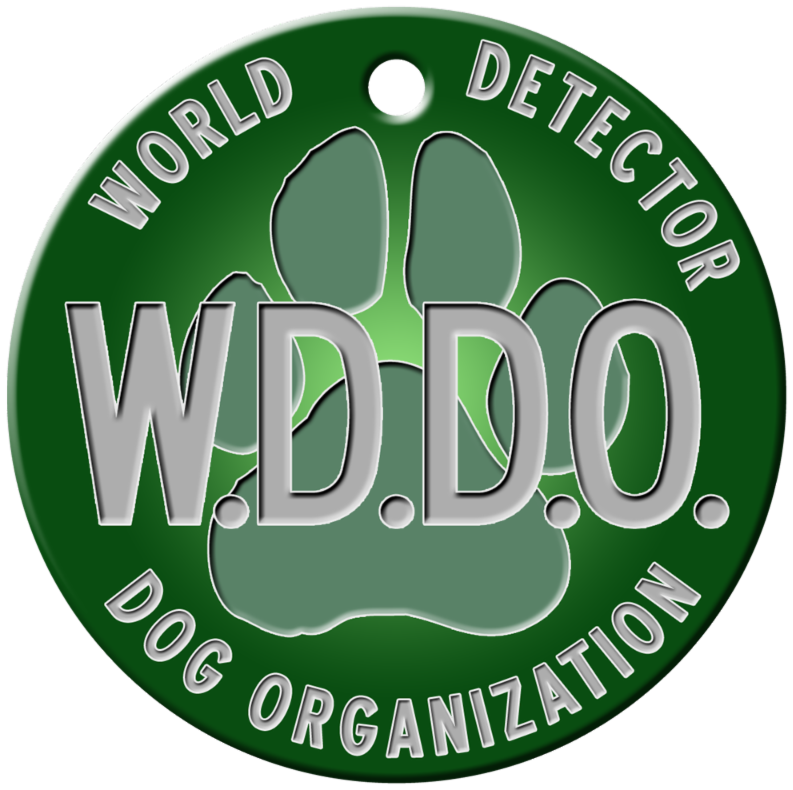The several decades have seen a marked increase in bed bug infestations throughout the country and around the world. This resurgence has prompted the development of a variety of treatment methods designed to effectively eradicate these pests from our homes and businesses.
Two of the most popular methods are heat treatments and chemical treatments. Both aim to successfully eliminate bed bugs while managing important factors such as efficacy, safety and cost. Understanding the advantages and limitations of these different treatment options will make it easier for people fighting a bed bug infestation to choose the method that is right for them.
Heat Treatment – Method and Mechanism
Heat treatment involves raising the ambient temperature of an infested area to levels that are lethal for bed bugs. Pest control technicians use industrial heaters and steam machines to elevate ambient temperatures in a home or office building to between 120° and 140° Fahrenheit. The process can take several hours to complete and often involves sealing the treated areas to prevent any potential heat loss.
Heat treatment is both straightforward and effective. Bed bugs and their eggs can not survive prolonged exposure to such high temperatures. The heat is able to penetrate cracks and crevices, reaching remote areas where bed bugs often hide. The result is an effective and comprehensive elimination of the pests.
What are the Advantages of Heat Treatment?
Heat treatment for the elimination of bed bugs has several clear advantages, including:
-
Free from Pesticides – Heat treatment eliminates bed bugs without relying potentially hazardous chemicals. This makes it a popular choice for environmentally conscious individuals and families concerned with possible chemical exposure.
-
Minimal Prep Time – Unlike chemical treatments that often require extensive preparation of the infested areas hear treatment typically requires a minimal amount of pre-treatment tasks such as removing heat sensitive items.
-
Comprehensive Elimination – Heat treatment penetrates into hard to reach areas where bed bugs hide. This helps to ensure a thorough extermination reducing the risk of re-infestation.
What are the Limitations of Heat Treatment?
Heat treatment is an extremely effective method for elimination bed bugs. But it does have some disadvantages.
-
Cost – Heat treatment can often be more expensive when compared with more traditional chemical alternatives. The need for specialized equipment and highly trained operators can impact cost.
-
Limited Residual Effect – Heat treatment effectively kills any bed bugs present during the time of treatment. However, it does not provide any residual protection against future infestations.
Chemical Treatment: Method and Mechanism
Chemical treatments for the elimination of bed bugs relies exclusively on the application of insecticides to infested areas. A variety of formulations may be used including sprays, dusts, and aerosols. Each is formulated to target bed bugs at different stages of their life cycle. Chemical treatments, while effective, may require multiple applications over several weeks to achieve complete eradication of the pests.
The active ingredients in these chemical treatments vary. But they all share some common characteristics. As insecticides they are designed to disrupt the nervous system of the bed bug, inhibit its growth and reproduction and, in some cases, desiccate the creature’s exoskeletons.
What are the Advantages of Chemical Treatments?
Chemical treatments for bed bug removal have their own share of advantages and disadvantages. The advantages include:
-
Cost Effectiveness – As a general rule chemical treatments are more cost effective than heat treatment. This can make chemical methods more accessible to broader range of homeowners.
-
Flexibility – Chemical treatments offer more flexibility in application methods and formulations. This allows pest control experts to tailor their removal approach according to severity of the infestation as well as specifics of the environment being treated.
-
Residual Efficacy – Many chemical insecticides provide residual protection. They remain active beyond the initial application helping to deter re-infestation.
What are the Limitations of Chemical Treatments?
Chemical treatments for bed bug elimination may be more cost effective, but they do have some notable disadvantages.
-
Health Risks – Some chemical insecticides may pose health risks to humans and pets. This typically requires taking specific safety precautions before, during and after application.
-
Limited Penetration – Unlike heat treatment chemical methods may not effectively penetrate to all of the potential bed bug hiding spots. This can result in an incomplete eradication of the infestation and possible re-infestation.
-
Chemical Resistance – Prolonged use of insecticides has been shown to result in the development of resistance in bed bug populations. This ultimately renders certain chemical formulations ineffective over time.
Conclusion
Choosing between heat and chemical treatment will ultimately depend on a number of factors. The severity of the infestation, pest control budget, and personal convictions regarding the use of chemical insecticides will all come to bear on the decision.
In many cases an integrated approach is the best option. Combining various treatment methods and preventative measures to manage effective long-term bed bug control and elimination. This allows pest control experts achieve the desired goal of bed bug eradication while minimizing any potential risks to the health of their clients.
Published by Scott Palatnik
If you believe you’ve brought bed bugs into your home or office give us a call. We can Help!
Now with 2 locations. On Long Island @516-619-6149 or in NYC @ 212-299-9186
We are Long Island Bedbug Inspections
Your Bedbug Inspection and Elimination Solution


